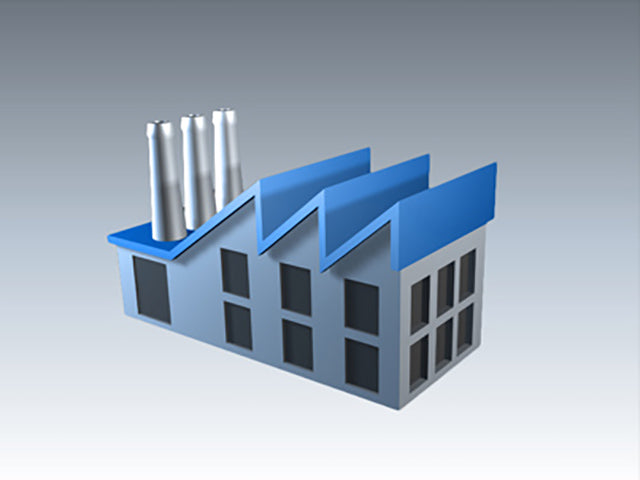Summary
A manufacturer of injection molded parts for the automotive industry uses inductive sensors from the Extra Distance family (500 series) to check that threaded inserts have been correctly mounted inside molded plastic parts. This ensures zero-fault delivery to the automobile producer.
Customer Values
- Less handling
- Eliminates visual inspection
- Fewer returns
- Process control
- Exceptionally long sensing range
- Stability, especially to temperature
- High sensing stability even with small and thin targets
Customer Application
Threaded inserts, typically made of brass, are nut-like elements that must be built into molded parts to enable screw fastening during final automobile assembly. These small inserts are therefore crucial to the final assembly process and must be present in complete conformity with the automobile producer’s specifications.
The manufacturer produces molded plastic parts for automotive air filtration systems. The location of inserts inside molded plastic makes visual checking unreliable or impossible. However, 100% assurance of delivery of good parts to the assembly floor is imperative, as the automotive industry will often return several days’ worth of production parts to a supplier if even a minor error is found – with the added expectation of immediate replacement. An absolutely reliable fault elimination mechanism is required.
Customer Solution
The inductive sensor type DW-AS-513-M30-002 (Extra Distance family, Basic range) is used in a made-to-measure checking fixture that detects any parts with missing or incorrectly mounted inserts and excludes them from the delivery batch. This solution exploits the unique sensing capabilities of Series 500 sensors with Condist® technology: longer operating distances and better stability with respect to environmental influences. The long operating distance and high sensing stability ensures detection of small inserts through a thick layer of plastic.
The fixture is designed to accept a finished molding and equipped with sensors at the specified insert locations. Each sensor can detect the presence of the corresponding metal insert through molded plastic and so confirm compliance with manufacturing specifications. The sensor’s PNP N.O. output delivers an instant signal to the controller, which makes a logical GO – NO GO decision. By eliminating human errors, delivery of a complete and correct product is assured.
